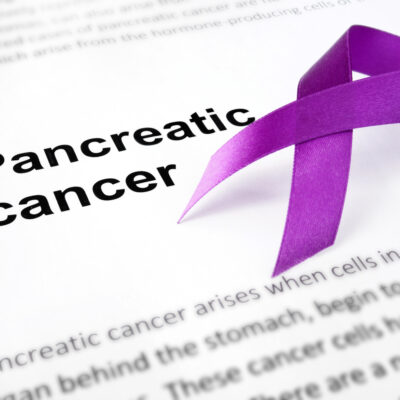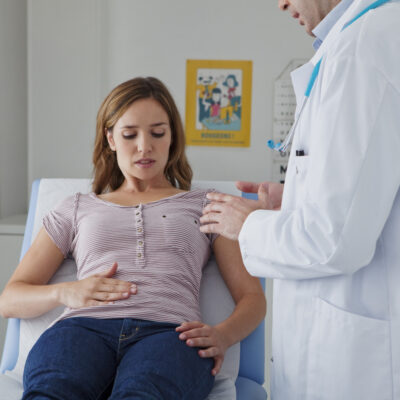
Health
Causes and Symptoms of Hepatitis C
The liver can get severely damaged due to an infection caused by the hepatitis C virus and the disease is called hepatitis C. The virus spreads through the blood or body fluids of an infected person. Nearly 3.9 million people in the country have been affected by this disease. There are no early warning signs of hepatitis C. Its symptoms are not visible until it becomes evident, hence many people do not recognize the condition in its initial stages. Symptoms of acute hepatitis C When a person has been infected with hepatitis virus for a long time, it is called chronic hepatitis C. Because of no early warning signs of hepatitis C, the virus remains silent for years till it has damaged the liver irrevocably. The symptoms of acute hepatitis appear 1 to 3 months after infection and remain for 2 weeks to 3 months. The symptoms of acute hepatitis C include: Jaundice, in some cases Discomfort in the abdomen Nausea Fever Pain in the joints Fatigue Clay-colored stool, in some cases These symptoms can easily be construed as symptoms of any viral fever. That is why acute hepatitis C is rarely diagnosed. However, this can escalate into chronic hepatitis C where fatal symptoms will develop.
Read More 















